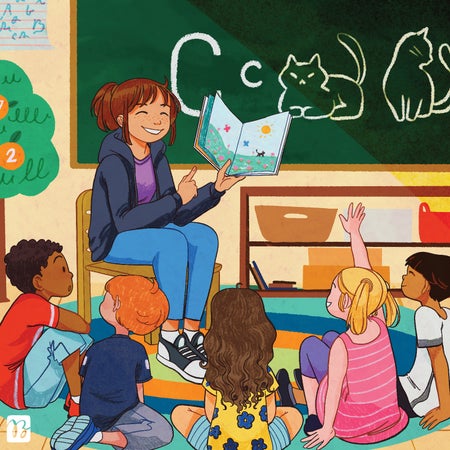
Teens’ Mental Health May Improve When They Help Others
Volunteering in community programs can reduce youth depression and anxiety, researchers are beginning to learn
Lydia Denworth is an award-winning science journalist and contributing editor for Scientific American. She is author of Friendship (W. W. Norton, 2020).

Teens’ Mental Health May Improve When They Help Others
Volunteering in community programs can reduce youth depression and anxiety, researchers are beginning to learn
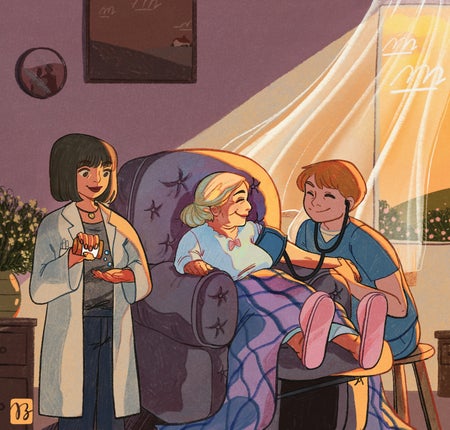
Patients Fare Better When They Get Palliative Care Sooner, Not Later
Supportive care is often started late in an illness, but that may not be the best way
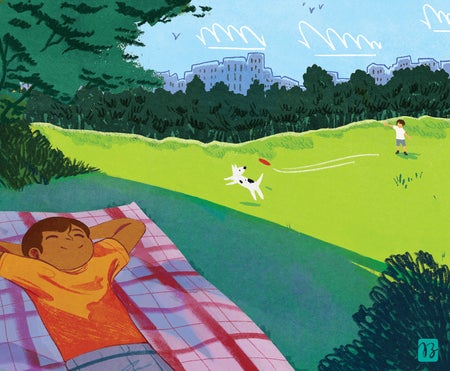
Walks in Green Parks Mean Stronger Immune Systems and Better Mental Health
Contact with nature improves physical and mental health, but greenery is not easily reached by all
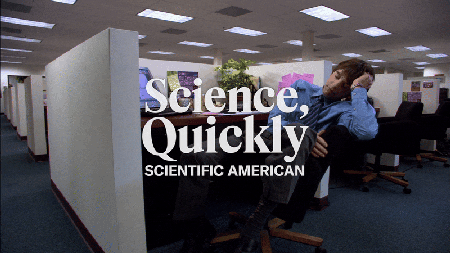
Why Short Naps Are Good for You
A quick nap can boost your memory, your mood and even your creativity
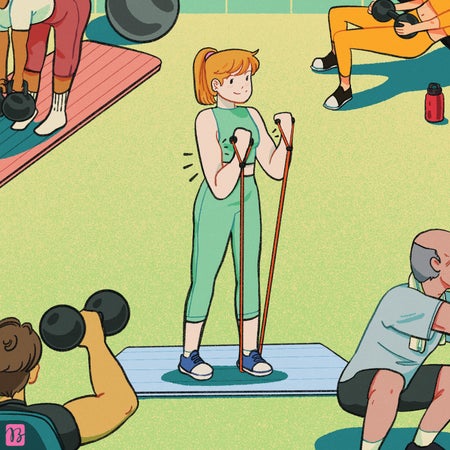
Simple Resistance Exercises Improve Overall Health and Reduce Death Risks
Weight training turns out to be as important as aerobic activity for warding off disease
A Study in Primates Reveals How the Brain Encodes Complex Social Interactions
The research tracks, at the level of individual neurons, what happens when a monkey hangs out with other monkeys. It even found a possible neural code for empathy
Helpful Gut Bacteria Seem to Reduce Allergic Disease in Kids
In babies, the right combo of gut bacteria might stave off later allergies, so scientists are testing “cocktails” of helpful microbes as therapy
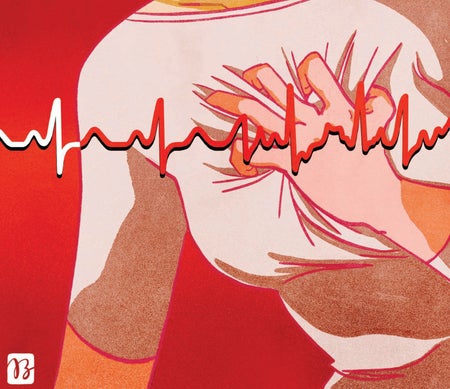
A-fib—a Rapid, Irregular Heartbeat—Can Kill You, but New Tech Can Spot It
A fluttering heartbeat called A-fib can lead to stroke, but smartwatches can detect it, and there are good treatments
Now There Are Better Ways Than BMI Charts to Assess Health Risks
The body mass index is flawed, and medicine now has better options to measure obesity
Short Naps Have Major Benefits for Your Mind
A light midday snooze boosts memory and other types of cognition—and your mood
Quick Naps Are Good for Your Brain
Daytime naps of about 30 minutes really improve your thinking and may spark creativity.
Ways to Extend Your Healthy Years, Not Just Your Life
The biology of aging shows ways to lengthen your healthspan, years free of serious disease
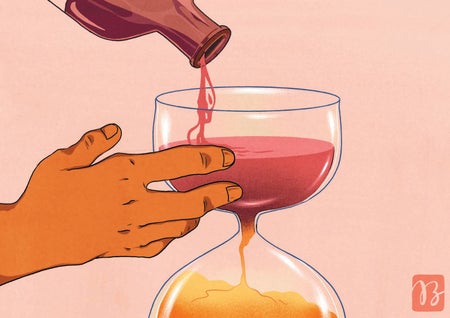
How to Figure Out if Moderate Drinking Is Too Risky for You
New research shows any alcohol can harm your body, but the increased risk may not be huge
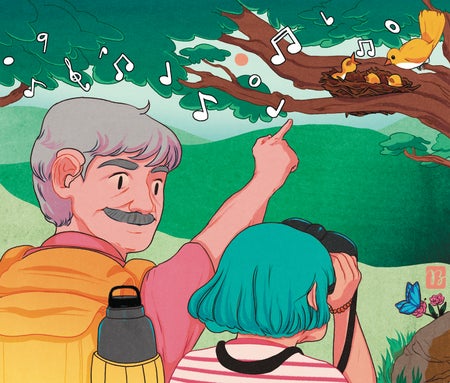
Hearing Aids May Lower Risk of Cognitive Decline and Dementia
As few as 15 percent of people who would benefit from hearing aids use them
Adjusting Your Body Clock May Stave Off Cancer
Research shows that disrupting the body’s circadian rhythm raises cancer risk, and resetting it may bring that risk down
Brain Waves Synchronize when People Interact
The minds of social species are strikingly resonant
Too Much ‘Good’ Cholesterol Can Harm the Heart
HDL cholesterol raises disease risk at levels above 80 milligrams per deciliter
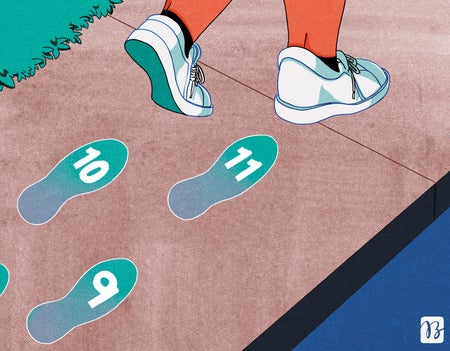
You Don’t Really Need 10,000 Daily Steps to Stay Healthy
New research points to different step counts based on age and fitness level
Telehealth Is Proving to be a Boon to Cancer and Diabetes Care
Virtual visits surged in the pandemic, and studies show they maintain high-quality medicine
People in Republican Counties Have Higher Death Rates Than Those in Democratic Counties
A growing mortality gap between Republican and Democratic areas may largely stem from policy choices
A Single, Quick ‘Mindset’ Exercise Protects against Adolescent Stress
Reframing erroneous beliefs alleviates the emotional upheavals that beset young people on the cusp of adulthood
U.S. Kids Are Falling behind Global Competition, but Brain Science Shows How to Catch Up
Paid parental leave and high-quality child care improve children’s brain development and prospects for a better future
How To Treat COVID at Home
Some over-the-counter medications can help symptoms, and there are ways to ease isolation
Can’t Buy Me Luck: The Role of Serendipity in the Beatles’ Success
The right combination of variables is needed to achieve a blazing success—one explanation for why there was never a “Kinksmania”